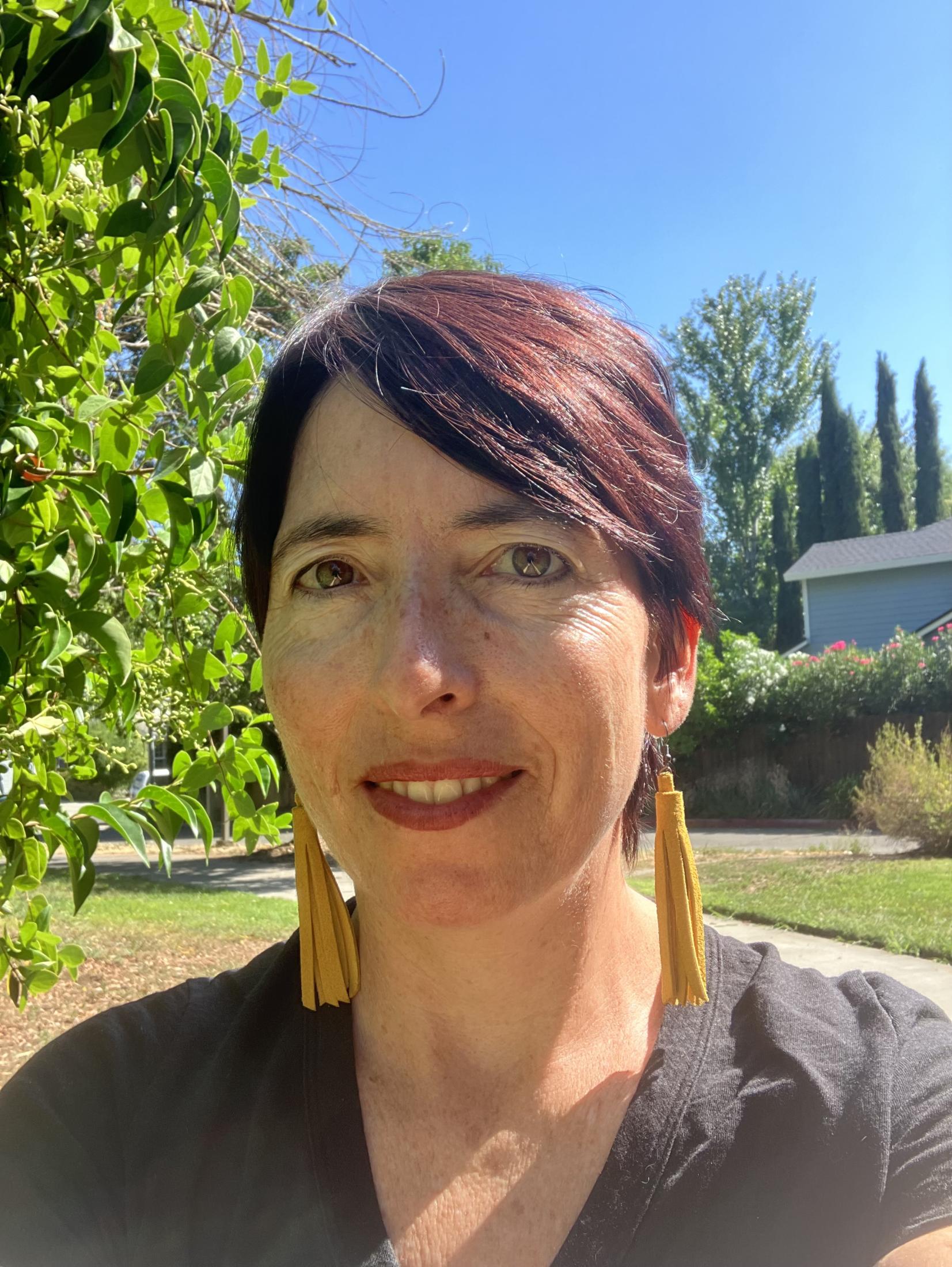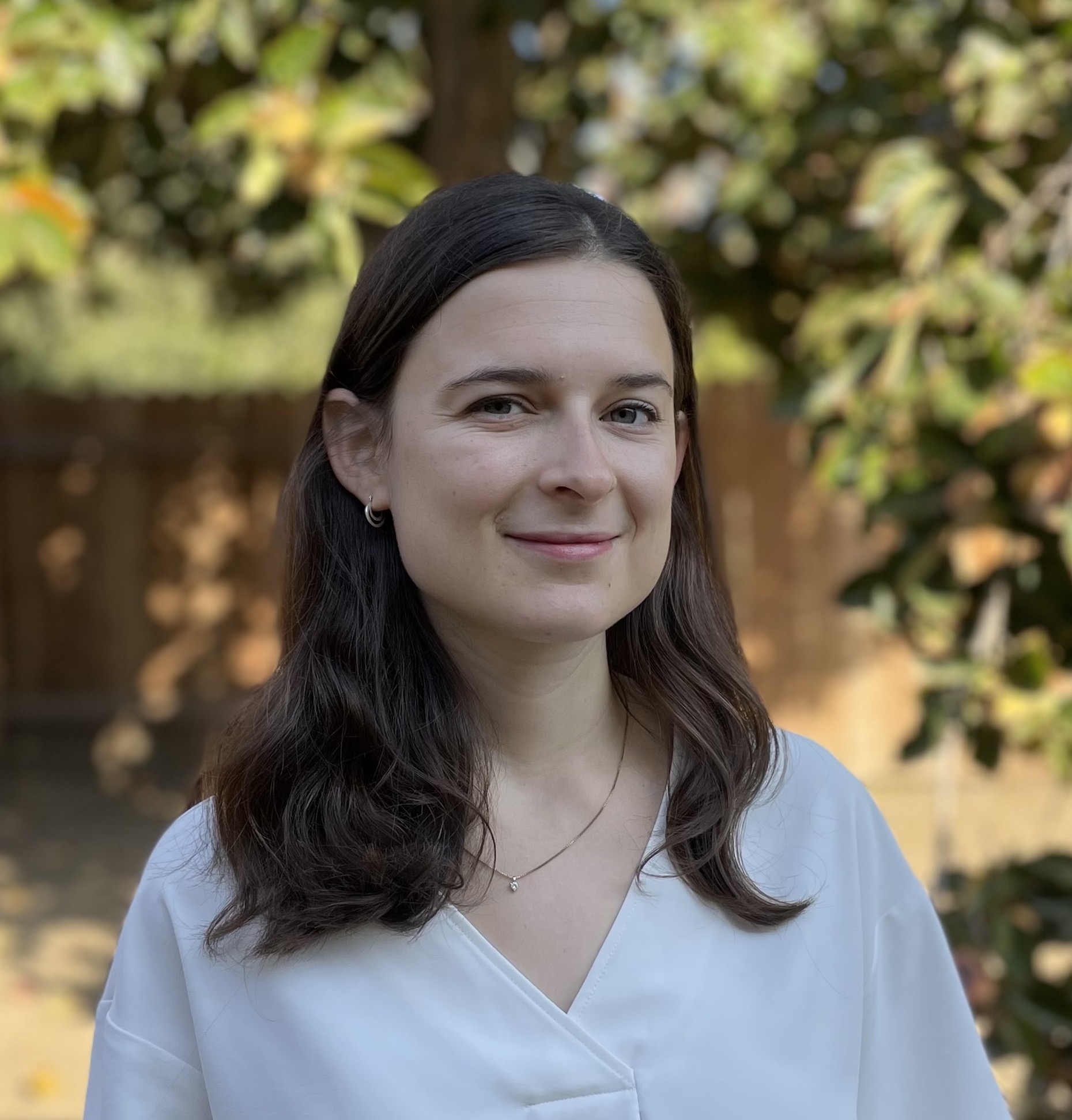Peer + AI Feedback (PAIRR): A Human Centered Approach to AI Tools
Lisa Sperber, Marit MacArthur, Carl Whithaus, Sophia Minnillo, and Nicholas Stillman
Friday, September 13th, 2024
11:00-11:45 am
Description
Cycles of drafting and revising are crucial for students’ writing growth, and feedback on drafts has been shown to improve outcomes (Graham et al 2015). Research demonstrates that AI feedback is comparable to human feedback (Steiss et. al., 2024), suggesting AI can be a valuable feedback tool. While AI offers support, however, it must be used in a human-centered process. If we remove humans, we go against research demonstrating students’ relationships with teachers and peers impacts engagement, motivation, and belonging, which in turn correlate with student success and retention (Kirby & Thomas 2021). Moreover, as Anson (2023) points out, humans provide crucial practice for understanding the social and rhetorical dimensions of writing, a key concept associated with learning transfer (Downs & Robertson, 2015).
Busy faculty and TAs often lack time to provide draft feedback. Fortunately, many studies demonstrate that students benefit from providing criteria-based feedback to peers (Lundstrom & Baker, 2015). Our evidence-based model, studied across 10 composition classes and 3 large STEM courses, combines AI feedback with peer review. Since many students question the competence of peer reviewers (Alnasser, 2018), AI can provide reassurance. Pedagogical approaches should emphasize student self-assessment and reflection to encourage AI literacy and increase learning transfer (Yancey, 2014).
Link to video [video.ucdavis.edu]
Access the presentation slides (PDF)
Access the Zoom chat (Google Doc)
About the Presenters
Lisa Sperber teaches academic and professional writing through the Writing Center. Her prior research and publications are on equitable assessment practices, supporting graduate student writers, and composition teacher-scholars. She received the 2024-25 UCD Professional Development Award to work on this project.
Marit MacArthur teaches business, science, and proposal writing, among other courses, for the University Writing Program and the University Honors Program at UC Davis. Her interdisciplinary research in voice studies, applying an LLM for speech recognition and analysis, has been supported by the ACLS, the NEH, the Mellon Foundation, SSHRC, and most recently, a 2024 NEH Fellowship for Digital Publication. She is a series editor for the journal Critical AI on the topic of Teaching Writing in Higher Ed.
Carl Whithaus is a Professor of Writing and Rhetoric at UC Davis. He studies the impact of information technology on literacy practices, writing assessment, and writing in the sciences and engineering. His books include Swarms, Viral Writing, and the Local (Pittsburgh 2024), Multimodal Literacies and Emerging Genres (Pittsburgh, 2013) and Writing Across Distances and Disciplines (Routledge, 2008).
Sophia Minnillo is a PhD Candidate in Linguistics at UC Davis. She has taught a variety of Composition, English Language, and Linguistics courses. Her research investigates second and heritage language learning, writing, teaching, and assessment. She also studies multilingual identities and experiences during international education and study abroad.
Nicholas Stillman is a Ph.D student in the English Literature Department at UC Davis with an emphasis in Writing, Rhetoric, and Composition Studies. He studies the cultural impact of speculative fiction and AI writing. Nick also works as the Graduate Student Researcher for the UC Davis Writing Center, where he researches the ethical integration of AI into student writing processes.





